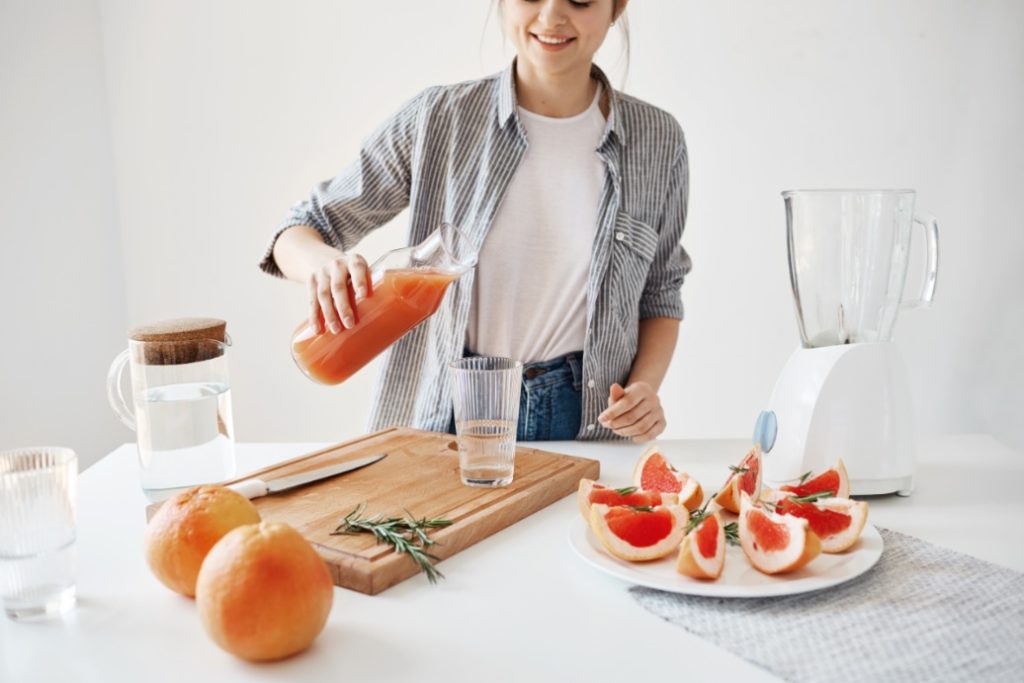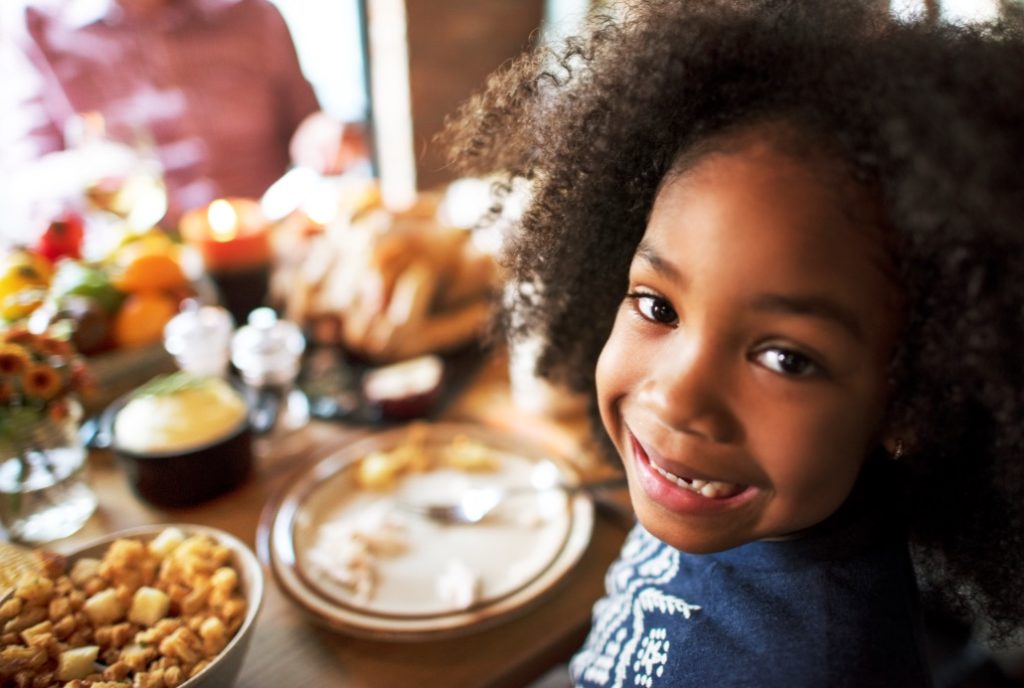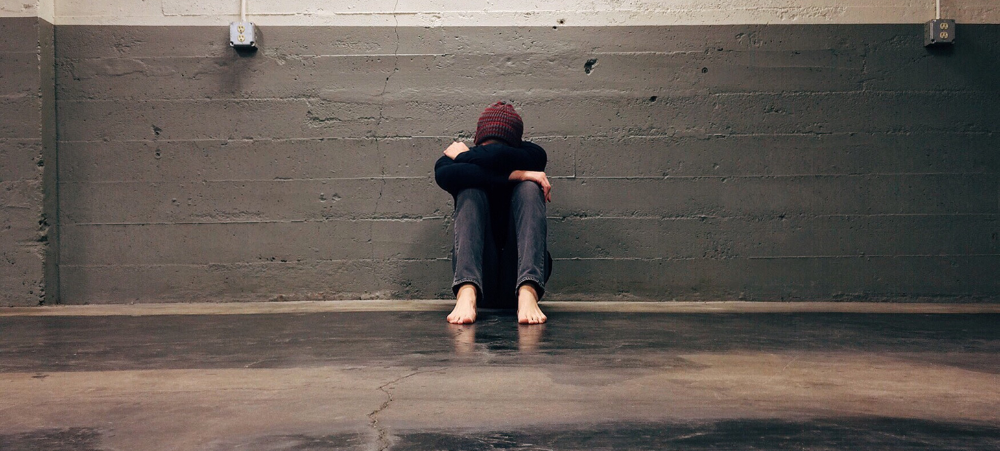With restaurants and most fast food outlets closed since the start of the national lockdown, more South Africans were cooking from scratch at home (if the banana bread photos on social media were anything to go by). Many saw this as an opportunity to start making healthier choices but for others, however, the stress of isolation resulted in bad eating habits such as regularly choosing sugary snacks or overeating.
If you are part of the latter group, don’t worry! You can still turn things around. We spoke to Chrisna Brand, a paediatric dietitian and the owner of LEAP Moms and Kidz, to find out what the do’s and don’ts are for making healthy food choices during the lockdown.

Do’s
- Do keep your immune system up by making sure you get all the essential nutrients in your diet. “An ideal diet is one where you have a variety of foods from all the food groups in the correct amounts,” Chrisna explains. Especially focus on having fruit and vegetables at all your meals and snacks to reach those five+ servings a day.
- Do have a healthy balanced plate for your three main meals consisting of two fruits and/or vegetables, a portion of protein-rich food and a wholesome wholemeal starch.
- Healthy lunch example: A whole wheat wrap filled with tuna, onions, grated carrots, and cucumber strips.
- Healthy dinner example: Curried mince mixed with carrot squares, peas, and corn on brown basmati rice.
- Do plan your snacks and meals in advance. “Planning is key!” Chrisna says. “A week is ideal but planning 3 – 4 days ahead might perhaps be more realistic,” she adds. Get your children to help you with the meal planning and making a grocery list. Not only will this help ensure you have healthy food and snacks that they will eat at hand, but it can also teach them the value of planning ahead.
- Do keep to a schedule. While your children are probably already sticking to a study schedule,sticking to set times for snacks and meals is just as important. Chrisna explains: “This will avoid snacking all day long and ensure that they sit down for that planned meal and snack”.
- Do eat as a family.Try to have most meals as a family while preferably sitting at a table. “This will ensure you properly relax and bond at the same time,” Chrisna says. She adds: “Eating at a table while chatting along, also helps your brain to realise when it is satisfied”.
Related: Tips for studying from home during the lockdown

Don’ts
- Don’t eat snacks and drinks high in sugar like sweets, soda drinks, biscuits, etc. “Although you might feel peckish when at home, grabbing that high sugar snack is not a good idea if you want the best chance to fight infection. Studies have shown spikes in sugar intake suppress your immune system,” Chrisna explains.
- Don’t forget to choose healthy snacks in between your meals like calcium-rich yoghurt/milk and fresh fruit, or nuts and raisins, or cut up veggies with hummus, or oatcakes with sliced avocado.
- Don’t skimp on fatty fish. “Ensure you have oily fish like salmon, fresh tuna, pilchards, sardines or mackerel three times a week for those important immune-boosting Omega-3 fatty acids,” Chrisna says.
- Don’t forget to hydrate. Water is essential to your immune system as it helps in the production of lymph. Your immune system uses lymph to circulate white blood cells and nutrients to all of your body’s tissues. “To keep your body fighting fit, 6 – 8 glasses of water a day is, therefore, recommended,” Chrisna advises.
- Don’t keep less healthy snacks in the house. “If there are no unhealthy snacks available you will have to eat the healthier ones,” Chrisna says.
by Elmien Ackerman





